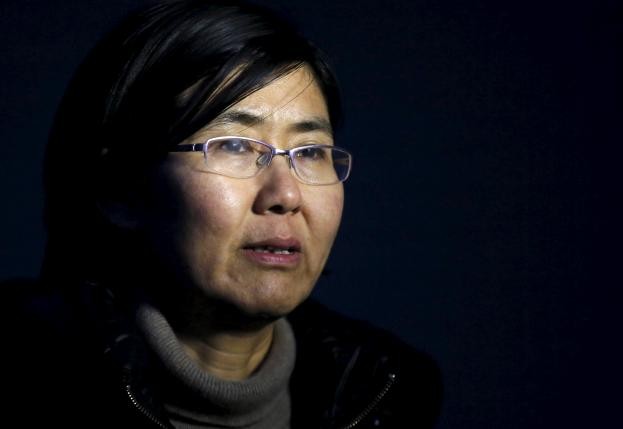Chinese authorities have detained lawyers and legal activists over charges of disturbing public order and illegally hiring protesters in an attempt to influence court decisions, Beijing's top public security authority announced on Saturday.
The suspects, led by attorneys from the Beijing Fengrui Law Firm, are accused of trying to create social conflict by using paid protesters, trying to influence public sentiment and spreading rumors, the Ministry of Public Security said in a statement.
The lawyers detained include Zhou Shifeng, the firm's director, and his colleagues Wang Yu, Wang Quanzhang, Liu Sixin and Huang Liqun. Lawyers from Shanghai and Guangzhou were also arrested.
According to Chinese state media, the lawyers allegedly organized more than 40 incidents across the country since July 2012 as part of a "major criminal gang" that is "plotting to stir up sensitive cases."
Ruan Chuansheng, a Shanghai lawyer, said that some of the lawyers used illegal means to support their defense work.
The attorneys association should enhance supervision and prevent some lawyers damaging the image of the whole profession, Ruan added.
The arrest has gained flak from Western observers, citing that the detained lawyers represented known critics of the government. Zhou represented Zhang Miao, who was jailed for nine months for his alleged involvement in the Hong Kong protests in September; while Wang has defended Wu Gan, an online free speech advocate, and prominent rights activist Li Tingting.
The current campaign [in detaining rights lawyers] was unprecedented both in terms of numbers and the way it has been carried out, said Eva Pils, a China law expert at King's College London.
Fengrui Law Firm is known for its defense of petitioners--people who approach authorities over grievances such as land disputes--and public interest cases.
"Impactful public interest litigation and legal aid to vulnerable citizens is the genuine contribution of Fengrui lawyers to modern civil society and the development of rule of law," the firm said in a statement on its website.



























